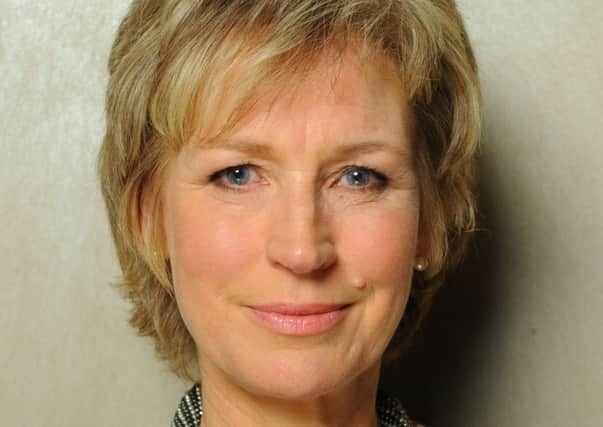Campaigners call for better music dementia therapy provision


At present, music therapy is not easily available to everyone because pockets of provision tend to gather around where courses are taught, such as at Queen Margaret University, Edinburgh, said the British Association of Music Therapists (BAMT).
Ben Saul, chairman of BAMT’s trustees, said: “Daily we see and experience the benefits of music therapy reaching beyond people living with dementia to their families and carers.
Advertisement
Hide Ad“Music therapy enables people with dementia to be experienced in another way; it gives people back their identities, and enables them to be contributors and not just receivers of care.
“People with dementia are transformed by engagement in live music-making.
“By bringing people together to form new relationships with partners in Scotland and strengthen those connections already in place, we can work together to help to embed music therapy into national strategy, and to help improve the quality of care for people living with dementia.”
There has been growing support for the role of music in treating dementia in Scotland.
Broadcaster Sally Magnusson set up the charity Playlist for Life in memory of her mother Maimie, who suffered from dementia, and researchers at Glasgow Caledonian University are working on a personalised app to help people create playlists.
The opening bars of a much-loved tune can transport a person back to a time before they were stricken with the disease, which can help to manage isolation and depression, said Aisling Vorster, a music therapist based in West Lothian.
Advertisement
Hide AdShe said: “As music therapists, we have the clinical skills, knowledge and training to meet the diverse needs of people with dementia, their families and carers at all stages of the condition, from first concerns through to end-of-life and bereavement care.
“Music therapy can help to reach those people who may seem to have become unreachable.
Advertisement
Hide Ad“It can help to re-build and sustain relationships where there is isolation and loss of identity.”
As the focus shifts away from acute hospital care towards healthcare in the community, it is important to focus on the value of this sort of service, Ms Vorster said.
She added: “We must stimulate debate and discussion, and campaign for increased funding and access to music therapy across the Scottish dementia population.”
The BAMT hopes to discuss whether music therapy could be included in Scotland’s Dementia Strategy, to help the 90,000 Scots thought to be living with the disease.
Tavish Scott, MSP, said: “This is a great opportunity to recognise the significance of music to people’s lives.
“Many Scots struggle with long-term health conditions and music can play a wonderful, positive role.”
The meeting to be held on February 3 follows discussions in Westminster over developing a national strategy to enable better access to music therapy.